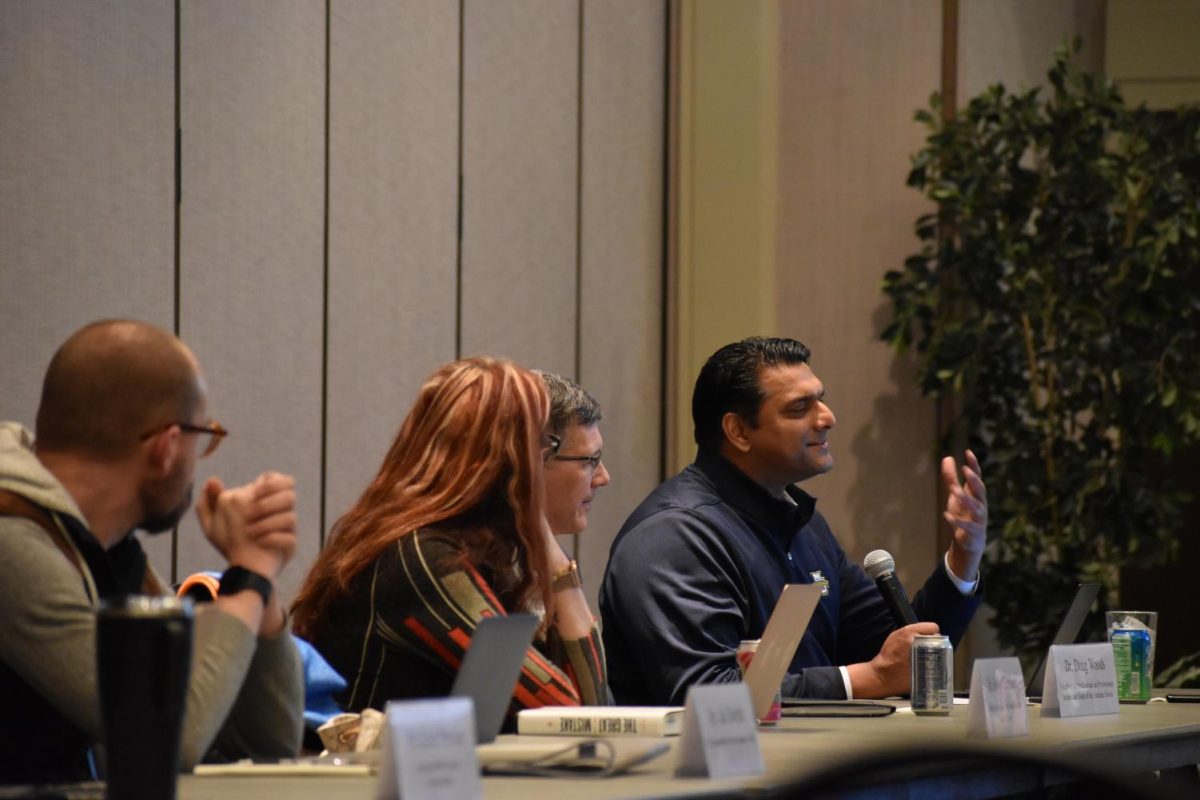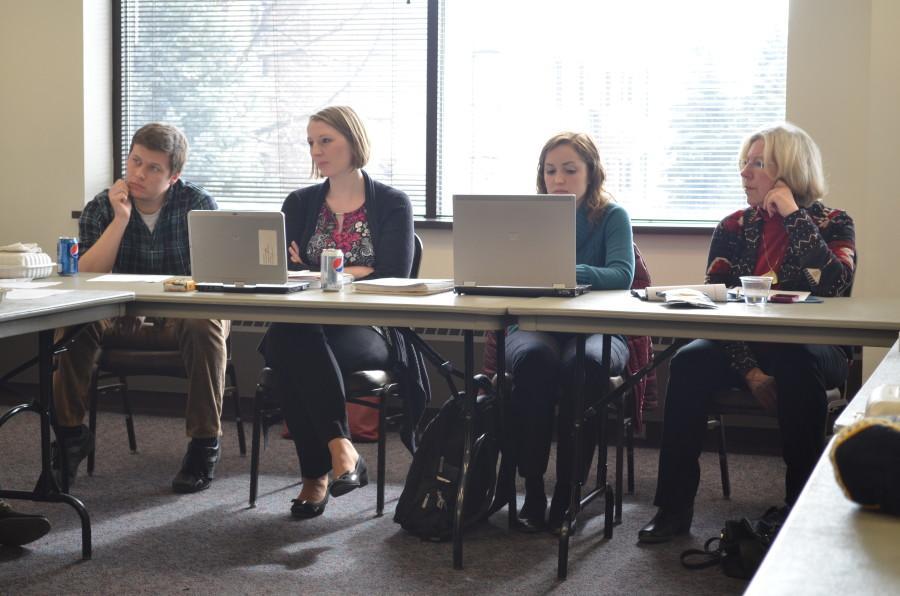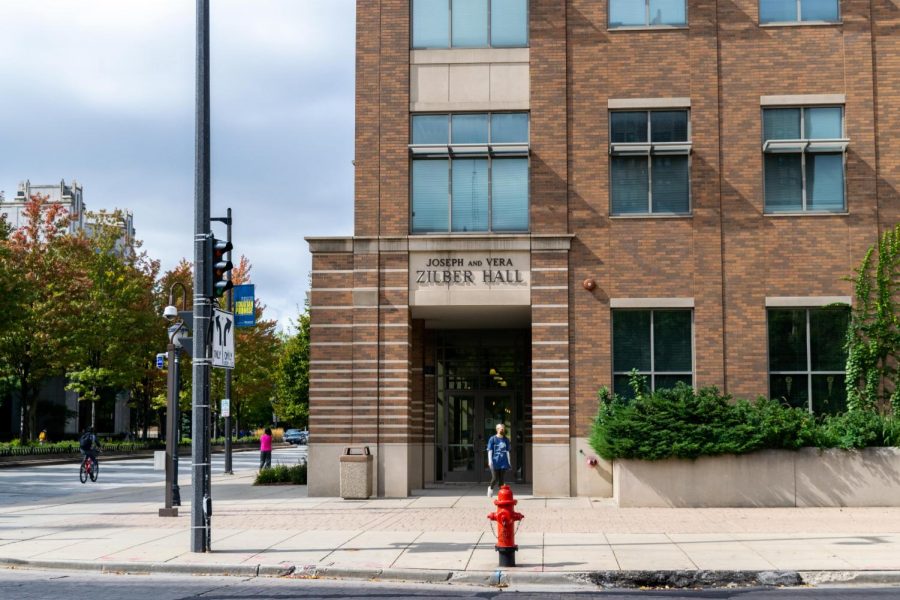At the beginning of the 2012-13 academic year, there will be 34 newly-promoted faculty members on Marquette’s campus.
Of these faculty members, 16 are being promoted to professor, 12 to associate professor with tenure and six will be promoted to clinical associate professor in dentistry.
According to Marquette Provost John Pauly, the number of promotions depends on the hiring cycles of previous years. Last year, he said, there were six promoted to professor and 16 promoted to associate professor with tenure.
“Given the number of people who are on tenure track in the university, it’s only about six percent of the university faculty receiving promotions,” Pauly said.
According to a release from the Office of the Provost last January, all salary increases due to promotions are taken from the Academic Division pool. An associate professor promoted to professor will have a salary increase of $5,000, and an assistant professor promoted to associate receives an additional $3,000.
Pauly said this has no direct connection to this year’s merit raises for faculty, which are independent of promotions.
“Faculty still have to make the best case for the quality of their work in order to get a pay hike,” he said.
For promotion to tenure, faculty members who have been employed for seven years may put together a summary of their work to present. This is then paired with numerous recommendations, and the final decision is eventually left to university President the Rev. Scott Pilarz.
“It’s a system that has a lot of checks and balances,” Pauly said.
Maura Moyle, a current Marquette assistant professor in speech pathology and audiology, is one of the 12 new promotions to associate professor with tenure. Moyle said she had a lot of support throughout the promotion process from the university.
One support system is through Marquette’s Faculty Mentoring Program, which Moyle used. Moyle also credits some of her success to her mentor, Sandra Hunter, a Marquette associate professor of exercise science.
Upon promotion, professors are encouraged to become more involved in university committees and to step into roles of leadership.
Participating in more committees and services is something new for Moyle, but she said she looks forward to the challenges.
“The positive aspect of that is that you have more influence over shaping your department or even influencing at the university level,” Moyle said in an email. “But it takes time and effort, too.”
Pauly said the opportunities available to those promoted provide something new for their careers.
“They get to do something a little more adventurous or exploratory,” Pauly said. “Like developing a new course, for example.”
Another benefit – other than less worry over job security – is that Moyle may begin to pursue more specific interests.
“Everyone tells me that now I can focus on what I truly want to work on, rather than being constantly concerned about how each project will affect my promotion and tenure,” she said.












